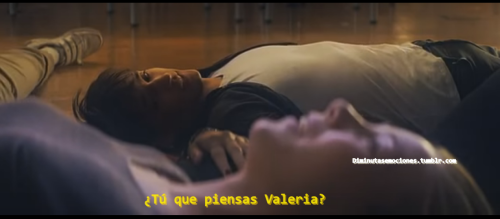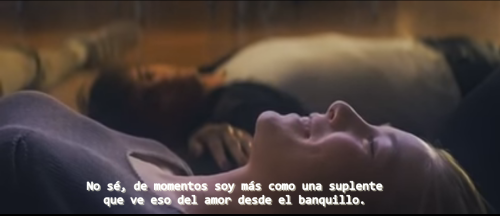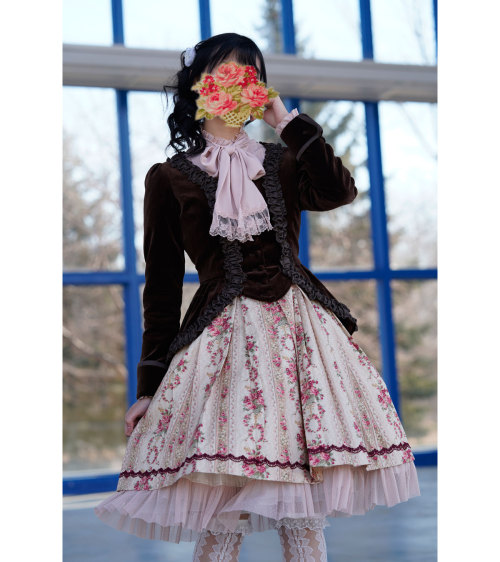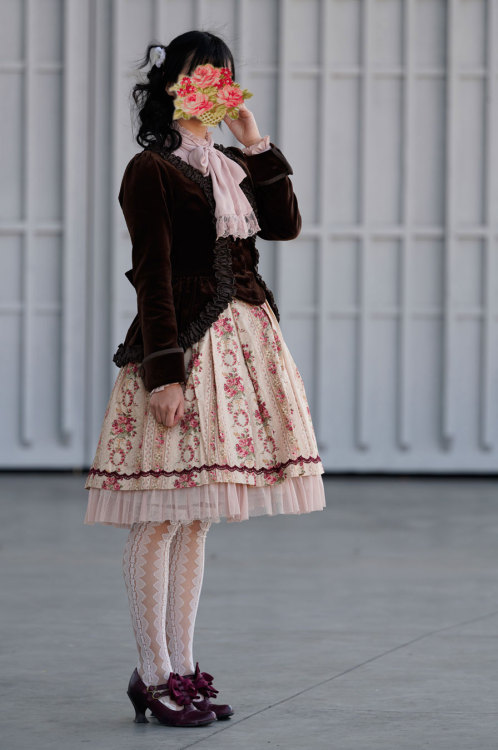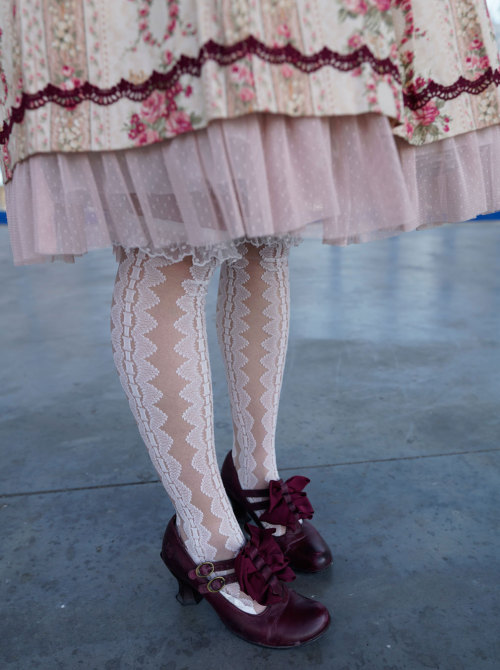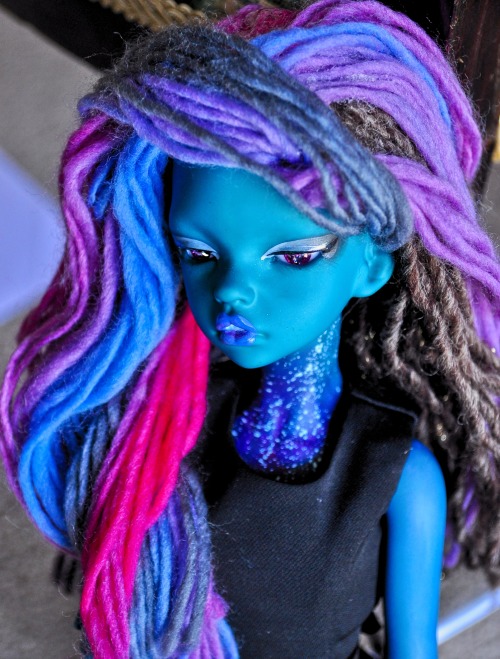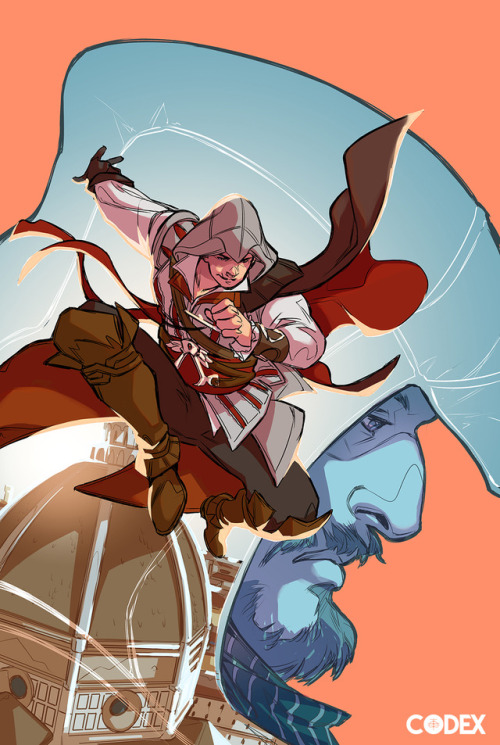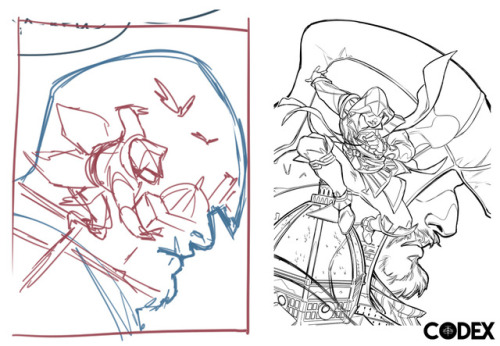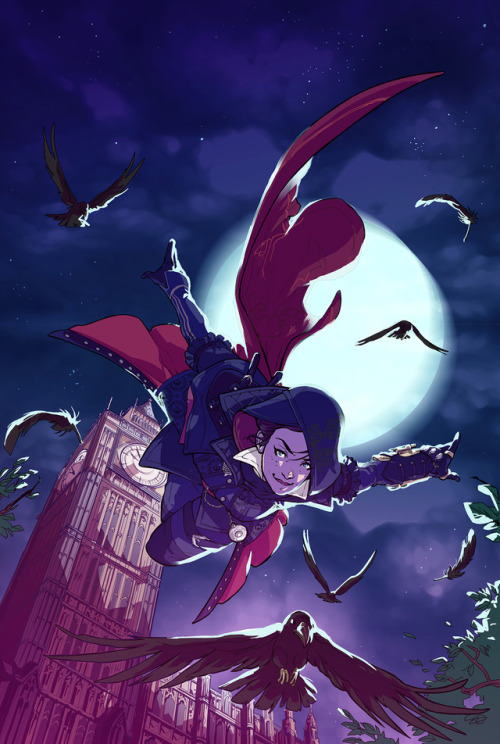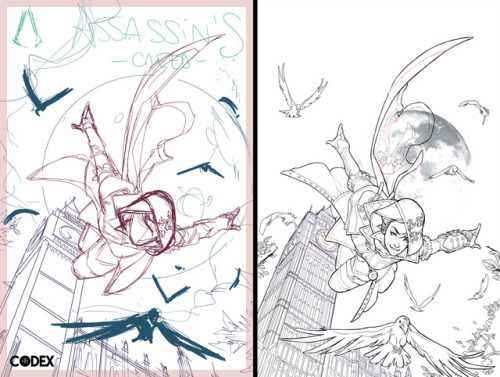#valeria
Valeria A / Aleksa Slusarchi / Valeria / Marina T / Alexa / Bettina / Jasna / Jessica - Aspirations, Part 1 of 1
Valeria
by Svetlana Nikitenko on vk.com
News
=============================================================
If you like to see uncensored pictures visit my new blog at In search of beauty and please let me know what you think about
=============================================================
Post link
(My specialty is Julius Caesar so I get excited when it looks like there’s even a small question about it) As far as I understand, it seems Coriolanus takes place near the beginning of the Republic, where there was indeed a tribune named Brutus, who was supposedly an ancestor of the Brutus in Julius Caesar. (Also IIRC the earlier Brutus also appears in the poem the Rape of Lucrece, since he was one of the men who deposed the Tarquin, hence the line “My ancestors did from the streets of Rome the Tarquin drive when he was called a king.”) So if Coriolanus takes place around the time of the founding of the Republic, that Brutus could very well be Lucius Junius Brutus, who actually did exist. @strengthsbystrengths any commentary on the Coriolanus side?I’m reading Coriolanus and, like, what’s Shakespeare’s beef with guys named Brutus? He’s got two dudes named Brutus who overthrow “ambitious” Romans. This is not about historical accuracy. Shakespeare regularly did not give a shit about historical accuracy. Julius Caesar had a goddamn clock. Some Italian boy named Brutus pissed him off and he was like, “you know what’s good name for the guy who’s gonna start a coup? Brutus.”
Uh if this isn’t fully a joke I will argue in defense of the historicity of Julius Caesar, since the play actually follows the events really well.
Don’t worry, I know about Julius Caesar, but there’s academic debate about whether or not Coriolanus’ story was based on a real historical event. The joke was that Shakespeare decided they should both be Brutus. One Brutus is accuracy, two Brutuses is suspicious.
Historical links with the two tribunes is one of my favourite underrated things about Coriolanus so thank you for the tag @percyhotspurand@the-full-shakespearience you’ve just given me the opportunity I’ve been waiting for to ramble about my favourite topic
Because it all ties in that Martius being proud isn’t just a petty jab, but paranoia that he’s going to be like their last king, Tarquin the Proud.
While it compresses seven years together, rearranges some events and is much more critical across the board in terms of characters (the original is much more anti-plebeian, and the play is much more critical of Martius despite him getting arguably a more sympathetic portrayal here) Coriolanus is actually pretty good in terms of historical accuracy, with some of the speeches taken almost directly from Plutarch. While there’s still questions over whether the entire thing is mythological, I think at the time of writing the plays there wasn’t that doubt.
There was actually a second tribune called Brutus, but he only appears in some of the versions of the Coriolanus myth and doesn’t have a full name, while Sicinius appears across the board. He could be inspired by Lucius Junius Brutus, the famous member mentioned in Julius Caesar, and parts of his speeches against Coriolanus could be inspired by his oath to “suffer no man to rule Rome” and causing the people “desirous of a new liberty, not to be swayed by the entreaties or bribes of kings.” He was one of the major players in overthrowing Tarquin after pretending to be loyal and obvious and was against the family prior to the events of the Rape of Lucretia.
But he died leading what looks like the first battle Martius fought at 16 at Silva Arsia (making Coriolanus in his 30s through the compressed timeline of the play), and with the way he’s treated by other characters, particularly in being mocked by Menenius, I doubt he’s supposed to be Lucius. His two sons, Tiberius and Titus, also shared the name Junius Brutus, but they’re also dead by the start of the play: brutally tortured and executed as their father watched after they tried to reinstall the monarchy.
‘Junius Brutus’ is just the family name and title without the first name (like Martius Coriolanus without the Caius; Julius Caesar’s Brutus, Marcus, shares it too), so it feels like he’s been characterised as a mixture of its early members: the sneaky duo trying to gain their own power, and the man willing to sacrifice anything to ensure another tyrant doesn’t become king.
With the republic being little over a decade old at the start of the play, regardless of the specifics of who he is, just being a part of the family ties him straight to the reputations of Lucius, Tiberius and Titus. I’d love to see a production with more distinct tribunes, because they’re histories are so different: at the very least Brutus was a part of one of the most prominent, beloved and honoured patricians families, and Sicinius was a plebeian. Potentially one of the first to come to power, and he personally planned and lead the protests from the beginning of the play (which were actually peaceful successions to a nearby hill). There seems to be more bitterness between him and Coriolanus than Coriolanus and Brutus (he’s the one who wants to throw him off the rock), so a lot of Coriolanus’ hatred towards plebeians can come off as very personal insults.
It also makes how carelessly the tribunes use the people in the play so sad, particularly with how much they adore them in later scenes: Brutus is from a family who swore to protect them, and Sicinius is one of them whose finally managed to give them a voice, perhaps the first to do so.
Speaking of the people and early founders, it also adds a lot to some other characters.
I think Valeria is criminally underused, not only due to her fantastic speech convincing Volumnia to go stop her son, but also due to her family: her brother was another one of the founding members and Martius shows respect to her due to it (calling her the “noble sister of Publicola, the moon of Rome”), but his very title means “friend to the people” and a lot of his career was dedicated to aiding the people and stopping the monarchy: including all rights being forfeited of anyone suspected of restarting the monarchy, as they seem to fear Coriolanus does. He’s in some ways the anti-Coriolanus, publically mourned for a year and having his funeral was payed for by the people (shortly after passing consulship to Menenius Martius is literally the only one of his friends without a consulship Volumnia must be so disappointed). And his reputation for public support precedes him: for Hamilton fans, the Federalist Papers written by Hamilton, Madison and Jay used his name as a pseudonym. Historical Coriolanus is even more blatantly classist, but in the play he actually shares more in common with the plebeians than his fellow patricians, and a lot of their lines mirror each other; it seems ironic he turns down money and customs when they’re the main things separating him from them.
And the paranoia of Coriolanus’ consulship turning into another monarchy could be tied to Cominius as well, who was one of several consuls burned alive on order of the tribunes (different ones) a few years after Coriolanus attacks Rome due to plotting to make a consul king. A lot of the lines from him and the tribunes are very interesting through that lens, either through genuinely plotting to make Coriolanus a puppet king - the tribunes do wonder if his “insolence” can endure to be commanded under Cominius and that a lot of his honours are due to Martius - or whether the tribunes exploit the suspicion for their own gain.
Aufidius’ depiction also could tie into the “King Martius the Proud” undertones. While Shakespeare does use the historical names he’s given and they come from a different root, Tullus does sound a lot like Tullia, the name of both of King Tarquin’s wives. The first and oldest was milder and gentler, while the younger was fierce and ambitious, and after being in-laws the pair murdered Tullia’s husband and sister to marry each other. She also encouraged him to take the throne himself, ordering the assassination of the former king: her own father, who she then ran over in a chariot. While Aufidius does take Martius into his house and give him his army in all versions, the blatant sexual and romantic note to their relationship, and the attention its given in the play, is purely Shakespeares. So its plausible that a lot of Aufidius’ characterisation could have been taken from Tarquin’s life, making him almost a Lady Macbeth type figure and I have another entire Aufidius rant with the fragments of Volscian history/mythology and ties to Homer
But speaking of reoccurring Italian names, it sounds like Shakey might have had a fling with a a sailor called Antonio or five
Livy,Plutarch, Dionysius of Halicarnassus (VI 72-VIII 62)
Photo in Valeria and Therese peplum jacket from 2020.
Valeria is one of my favourite MM pieces of all time, a old dream dress. I love it still! I felt like I had to wear this jacket too, as the details are just so nice. The 18th century inspired design adds a lot of elegance and completely dresses up the more plain design of the dress.
(And bonus leggy pic)
JSK (Valeria), blouse, jacket: Mary Magdalene
Socks: Angelic Pretty
Shoes: Fluevog
Hair accessory (barely visible): Henriette (Japanese indie brand)
Post link
EXCLUSIVE: Artist Valeria ‘Lux’ Favoccia gives The Codex an exclusive look into her beautiful art for Assassin’s Creed: Last Descendants - Locus and Reflections. Take a look at her works featuring never-before-seen sketches and untagged artworks: http://thecodex.network/valeria-favoccia/
Post link
Post by: Valeria
Approved by: Lana
Hi!! I felt really bad because I haven’t contributed much to the blog (due to personal stuff) so I thought I’d make a Twitter account for iam-discite! I’ll be updating it whenever the blog updates, and maybe posting links to some older posts as well.
https://twitter.com/IamDiscite <— Go follow us!!


: valeria richards icons ༉‧₊˚✧

All eyes on me…
Slave of Godby Luis Royo
Pauline was miffed at what she perceived to be Robert’s condescension. “He thinks that just because I am young, I need his presence and guidance,” she thought to herself. Then she proceeded to spread the photos on her kitchen table. Most were of head shots, either from behind or where the woman was wearing a mask. A few others were of bodies, mostly partially or completely dressed, only a few discrete nudes. As she looked at them, she thought, “Wow! Some of these are really good.” One in particular caught her eye. It was of a black and white photo of a nude woman taken from behind. The woman had rather short hair cut in a bob. Her head was downcast, and she was standing in front of a wooden cross.
Pauline studied the photo. “Something about it seems familiar,” thought Pauline. She studied it a bit longer, then said out loud, “Ah ha! It’s similar to a drawing in one of my history books.” She went to her bookshelf and pulled a heavy volume down. Its title was “Slavery in Ancient Times.” She quickly went to a page that she had dogeared when she took the class. It read:
“The Romans used crucifixion as a punishment for severe crimes, one of which was a slave trying to escape his or her master. Crucifixion was a supreme punishment, and the stripping and exposure of slaves was not an accidental or incidental element. It was a deliberate action that was used to humiliate and degrade those who were punished. It meant that the crucifixion was more than just physical, it was also a devastating emotional and psychological chastisement.
“The slave was tied or nailed to a wooden cross to maximize his/her public humiliation: a contrast of the shame of the delinquent with the might of the owner’s power over him/her. Crucifixion in the Roman world also appears to have carried a strongly sexual element and should be understood as a form of sexual abuse that involved sexual humiliation and sometimes sexual assault. Crucifixion was intended to reduce the slave to something less than human in the eyes of society.
“Slaves were crucified naked in what amounted to a ritualized form of public sexual humiliation. The public display of the naked slave by the master in front of onlookers and passers-by carried the message of sexual domination. The crucifixion of a slave woman carried an especially strong sexual message. It highlighted the vulnerability of the naked woman who is stripped and exposed in front of the assembled ranks of attracted male and female spectators.
“The combination of various forms of sexualized violence and lethal violence are potent dehumanizing expressions of dominance. The power and the control of power is contrasted with the vulnerability and forced submission of the slave. The scene also hints at the possibility of even greater sexualized violence which might be in store. The exposure of the naked body on the cross was a particular shaming and even today the sexualization of a bound woman is an obvious and a familiar trope in pornography and in the mind of people.”
And there beside this passage was a pen and ink drawing of a naked woman in the same pose as the photograph Robert had taken. Pauline studied the photograph some more and then wrote:
“Poor Valeria had been sold to a new Master, but she loved her old Master so much that she ran away back to him. She told him that she loved him, but he told her, ‘You are my property to do with as I please.’ He returned Valeria to her new Master who said that the punishment for run-away slaves is crucifixion. Valeria had said, ‘If I cannot go back to my Master, I do not care what happens to me.’ She said that even facing the cross.”
After writing this passage, Pauline reread it and said, “Not half bad if I say so myself.”










































